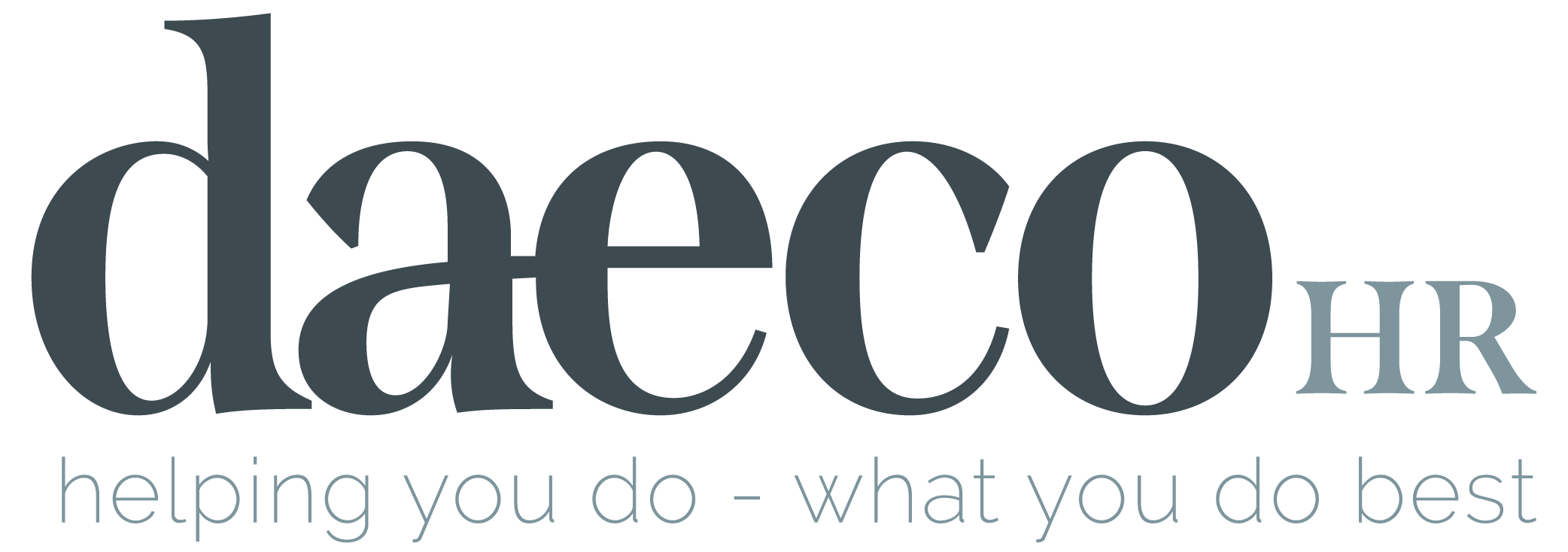During this time of uncertainty, it can be difficult to make decisions, find answers or know what to do next. It would be nice to have a guidebook on how to handle different business situations during this unprecedented period, but there’s no step-by-step guide on how to manage during a pandemic. We’re all wishing we had more clarity, but for now, the best we can do is keep updated and informed and try to see the light at the end of the tunnel.
Each organization will be affected in unique ways by this pandemic and unfortunately, there is no one-size-fits-all solution. As an employer, you should apply due diligence doing everything reasonable to protect your employees, customers, and suppliers from exposure to COVID-19. Under the Canada Labour Code, COVID-19 is considered a workplace hazard and should be dealt with as such under occupational health and safety.
Employers are required to provide their employees with a healthy and safe work environment and are advised to keep up-to-date with guidance issued by Health Canada and the Public Health Agency of Canada. According to the Government of Canada, employers are also obligated to inform their employees of these orders, directions, and guidance.
You should continue to monitor the development of the virus and ensure reasonable measures are being implemented, such as proper sanitation, physical distancing, and workstation cleanliness. You’re strongly encouraged to assess whether or not remote work arrangements are feasible within your organization if you have not done so already.
What if my employee doesn’t feel comfortable coming to work right now?
Most employees have the right to refuse work if it is likely to endanger their health and safety, according to the Canadian Occupational Health and Safety legislation. However, essential workers such as firefighters, doctors, and police officers cannot use the right-to-refuse in their line of work. For non-essential employees, if there is a disease outbreak in the workplace, they have the right to refuse to work. If an employee chooses to refuse work you should investigate the reason for the refusal with a health and safety representative.
Are we required to have a pandemic plan in place?
Canadian Occupational Health and Safety legislation requires having policies and procedures in place to handle an emergency. The definition of “emergency” may include “disease or health risk.”
In Alberta, the Occupational Health and Safety Act section 37(1) indicates that an employer with 20 or more workers should establish an emergency response plan. This involves an established process of preparing for, mitigating, responding to and recovering from an emergency. To protect the health and safety of your employees, you should ensure your business has emergency preparedness plans in place to deal with all emergency situations including a virus outbreak. This proactive approach is to avoid any business disruptions or mishandling of a situation. If your organization didn’t have a plan in place before this happened, give our team a call. We can help establish what you will need going forward.
Do I have to buy personal protective equipment (PPE) for my staff?
As of April 7, 2020, the Public Health Agency of Canada confirmed the known ways to prevent COVID-19: wash your hands, stay home, practice physical distancing, prevent transmission to the most vulnerable, and cover your cough with your sleeve. What about masks? There have been many different news stories recently about whether or not to wear a mask and if it actually helps to stop the spread of the virus.
Certainly, medical professionals need to wear proper PPE for their safety in the workplace. For the rest of the public, should we be wearing non-medical masks (e.g., homemade cloth masks)? Although the Public Health Agency of Canada states that wearing a non-medical mask has not been proven to protect the person wearing it, it can be an additional measure to protect others around you. The Public Health Agency advises, “Wearing a non-medical mask is another way of covering your mouth and nose to prevent your respiratory droplets from contaminating others or landing on surfaces.”
Employers have a responsibility to provide a safe working environment. If your employees are at risk of becoming infected with the virus because of the work they perform, you must provide PPE. Otherwise, it is up to your employees to decide whether or not they want to wear a mask.
Finding a Way Through
We know this is a period of adjustment for you, your business and your staff. We’re here to help.
We also know that this can be tough for all of us – mentally, physically and emotionally. We hope you are taking some time for yourself in this new “normal.” The stress of this pandemic is felt by all and you are not alone.
Maybe you’re not as productive, feeling too stressed to concentrate or are just bogged down by the latest news. We are too. We’re all doing our best to stay positive given the circumstances and now more than ever, we have to prioritize our mental health.
Stay tuned for our next blog post featuring tips on How to Keep a Healthy Mindset.
